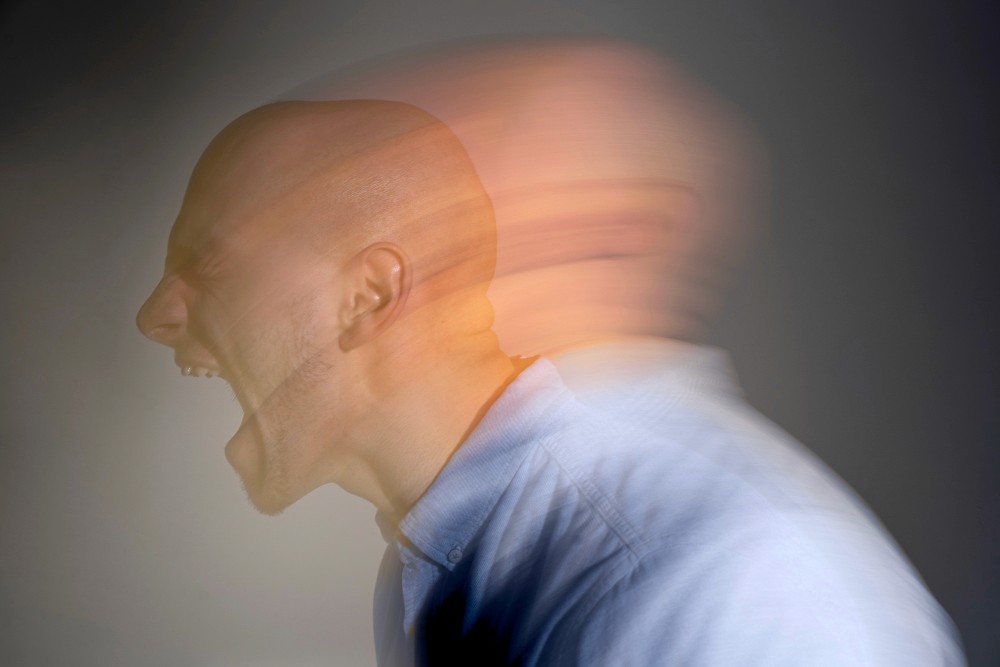Advice Centre
HeadHealth Therapy Team
Dec 30, 2024
The Rise of Online Therapy
Effectiveness of Online Therapy
Comparative Studies
Research indicates that online therapy can be as effective as in-person therapy for various mental health conditions. A 2021 meta-analysis of 85 studies involving over 43,000 participants found that digital therapeutics have a "statistically small but significant effect on health-related behavior," with an average effect size of 0.35 (p<0.001) ([1]). Another systematic review of 39 randomized controlled trials (RCTs) concluded that online therapy outcomes were equivalent to in-person therapy across anxiety, depression, and PTSD, with response rates exceeding 70% in most cases ([2]).
Specific Mental Health Conditions
Depression and Anxiety: A large-scale study published in the Journal of Affective Disorders reviewed data from 3,876 individuals receiving online cognitive behavioral therapy (CBT) for depression and anxiety. The results showed that 62.8% of patients with depression and 62.9% of patients with anxiety experienced clinically significant improvement in symptoms within four weeks, while only 0.9% reported worsening conditions ([3]).
Post-Traumatic Stress Disorder (PTSD): A 2023 study of 1,200 veterans undergoing teletherapy for PTSD found that symptom severity reduced by an average of 31% after 12 weeks of treatment, which was comparable to reductions seen in in-person therapy programs ([4]).
Insomnia: The National Institute for Health and Care Excellence (NICE) recommended Sleepio, a digital cognitive behavioral therapy (CBT) program for insomnia, after multiple trials demonstrated that 76% of users reported improved sleep quality and a 45% reduction in sleep onset latency compared to control groups ([5]).
The Therapeutic Relationship in Online Therapy
Concerns about the quality of the therapeutic relationship in online settings are common. However, a 2021 research review found that patient-therapist alliance ratings in online therapy were statistically similar to face-to-face therapy, with a mean score of 4.2 out of 5 on validated alliance scales ([6]). Additionally, a 2022 survey of 1,500 teletherapy patients revealed that 83% felt as comfortable with their therapist online as they would in person ([7]).
Accessibility and Convenience
Online therapy offers significant advantages in terms of accessibility and convenience:
Flexible Scheduling: A 2023 study of 5,000 online therapy users found that 68% sought therapy outside of standard office hours, a flexibility rarely available in traditional therapy settings ([8]).
Reduced Wait Times: Data from a UK-based telehealth provider showed that the average wait time for an initial online therapy appointment was 5.4 days, compared to 21.7 days for in-person therapy ([9]).
Anonymity and Comfort: A 2021 study in the Journal of Telemedicine and Telecare found that 72% of online therapy clients felt more comfortable discussing sensitive topics via teletherapy compared to in-person therapy ([10]).
Considerations and Limitations
While online therapy presents numerous benefits, certain limitations should be acknowledged:
Severity of Conditions: Individuals with severe mental health conditions or those in crisis may require more intensive, in-person interventions. A review of teletherapy for severe psychiatric disorders found that while 78% of mild to moderate cases responded well, only 43% of severe cases achieved clinically significant improvement ([11]).
Technological Barriers: A national survey of 10,000 mental health patients revealed that 15% lacked access to reliable internet or a private space for teletherapy, limiting its effectiveness for some populations ([12]).
Data Privacy: Ensuring the confidentiality and security of personal health information in digital formats remains a critical concern. A 2022 cybersecurity report found that 22% of telehealth providers had experienced a data breach within the previous two years ([13]).
Despite these concerns, online therapy continues to evolve, with platforms integrating enhanced security features and therapists adapting their techniques to suit virtual formats.
The evidence overwhelmingly suggests that online therapy is an effective and viable alternative to traditional face-to-face counselling. Studies from the UK and beyond indicate that teletherapy provides comparable outcomes, particularly for common conditions like anxiety and depression. The NHS, NICE, and major UK mental health organisations have all endorsed digital therapy as an accessible and cost-effective solution for mental health support.
While online therapy may not be suitable for every individual or every condition, it has opened up new opportunities for mental health care, making professional support more accessible than ever before. As technology continues to advance, online therapy is likely to play an increasingly important role in the UK’s mental health landscape.
Wikipedia. Digital therapeutics. Retrieved from: https://en.wikipedia.org/wiki/Digital_therapeutics
Wikipedia. Mindbloom. Retrieved from: https://en.wikipedia.org/wiki/Mindbloom
The Guardian. From sleep apps to chatbots: how a new generation of health tech is widening access to treatment. Retrieved from: https://www.theguardian.com/the-dawn-of-digital-therapeutics/2025/jan/03
Time. Does text therapy work? Retrieved from: https://time.com/7014816/does-text-therapy-work/
Verywell Mind. E-Therapy Cafe online therapy review. Retrieved from: https://www.verywellmind.com/e-therapy-cafe-online-therapy-review-tried-and-tested-in-2023
Digital mental health
Virtual therapy research
Is online therapy effective
Online counselling vs in-person therapy
Mental health treatment online
Therapy via video call
Online therapy vs traditional therapy
How effective is online therapy
Online therapy for depression








